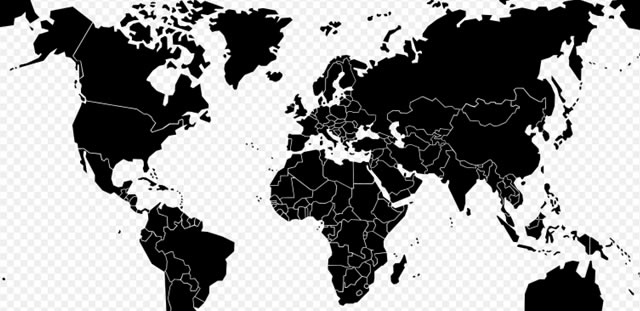Se-tenant: Map of the islands & Don Luis Vernet, Governor (1791-1871) (Argentina 1982)
Map of the islands & Don Luis Vernet, Governor (1791-1871) (Argentina 1982)
12 June (Argentina ) within release 150th ann. of Governorship of Malvinas Island by Argentina goes into circulation Se-tenant Map of the islands & Don Luis Vernet, Governor (1791-1871) face value 2*5000 Argentine peso ley
| Se-tenant Map of the islands & Don Luis Vernet, Governor (1791-1871) in catalogues | |
|---|---|
| Michel: | Mi: AR 1567-1568 |
| Stamp Number: | Sn: AR 1366a |
| Yvert et Tellier: | Yt: AR 1295-1296 |
| Stanley Gibbons: | Sg: AR 1762a |
Se-tenant is horizontal format.
Issued in panes containing 10 horizonal se-tenant strips of two map stamps and the Luis Vernet stamp in the middle. Two different se-tenant combinations possible.Se-tenant Map of the islands & Don Luis Vernet, Governor (1791-1871) it reflects the thematic directions:
An anniversary is the date on which an event took place or an institution was founded in a previous year, and may also refer to the commemoration or celebration of that event. For example, the first event is the initial occurrence or, if planned, the inaugural of the event. One year later would be the first anniversary of that event. The word was first used for Catholic feasts to commemorate saints. Most countries celebrate national anniversaries, typically called national days. These could be the date of independence of the nation or the adoption of a new constitution or form of government. The important dates in a sitting monarch's reign may also be commemorated, an event often referred to as a "Jubilee".
Famous People refers to the fame and public attention accorded by the mass media to individuals or groups or, occasionally, animals, but is usually applied to the persons or groups of people (celebrity couples, families, etc.) themselves who receive such a status of fame and attention. Celebrity status is often associated with wealth (commonly referred to as fame and fortune), while fame often provides opportunities to make money.
A map is a symbolic depiction emphasizing relationships between elements of some space, such as objects, regions, or themes. Many maps are static, fixed to paper or some other durable medium, while others are dynamic or interactive. Although most commonly used to depict geography, maps may represent any space, real or imagined, without regard to context or scale, such as in brain mapping, DNA mapping, or computer network topology mapping. The space being mapped may be two dimensional, such as the surface of the earth, three dimensional, such as the interior of the earth, or even more abstract spaces of any dimension, such as arise in modeling phenomena having many independent variables. Although the earliest maps known are of the heavens, geographic maps of territory have a very long tradition and exist from ancient times. The word "map" comes from the medieval Latin Mappa mundi, wherein mappa meant napkin or cloth and mundi the world. Thus, "map" became the shortened term referring to a two-dimensional representation of the surface of the world.



